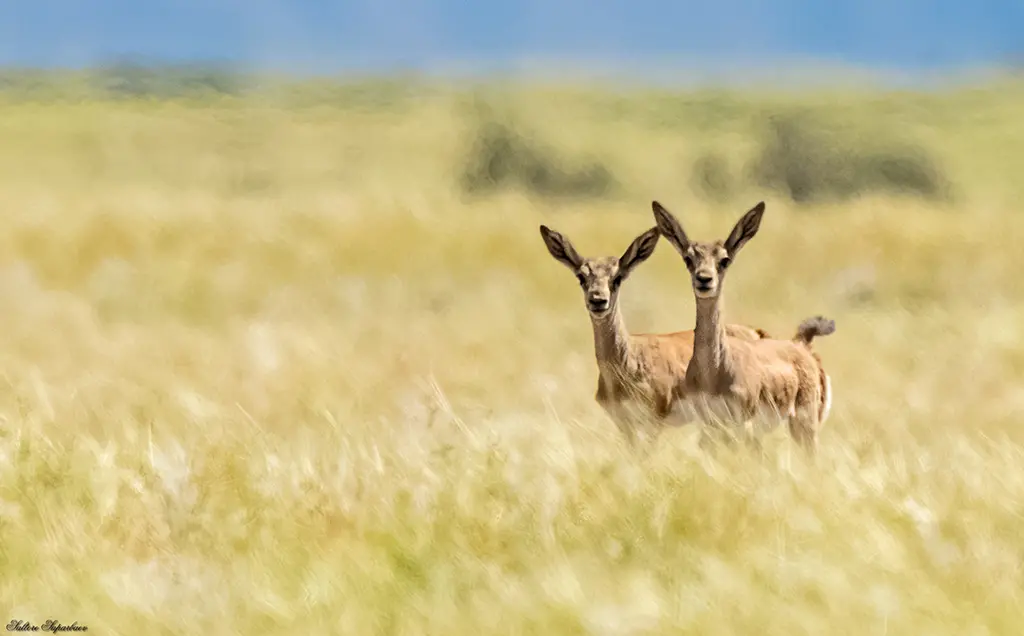One Health: Prevention of Zoonotic Disease Through Protected and Conserved Areas
Join us for the official launch of a regional initiative focused on applying the One Health approach in Central Asia, titled: Enhancing landscape resilience to zoonotic disease emergence by consolidating nature conservation systems in Central Asia.

Goitered Gazelle, Kazakhstan
Photo: Saltore Saparbayev
With the support of the International Climate Initiative (IKI), an IUCN-led international consortium, national partners and relevant authorities will work to prevent the emergence and spread of zoonotic diseases by strengthening conservation measures and expanding and consolidating a fair and effective regional network of protected and conserved areas across Central Asia.
The gathering will start with opening remarks by dr Grethel Aguilar, Director General of IUCN, Abdukhakimov Aziz, Minister of Ecology, Environmental Protection and Climate Change of the Republic of Uzbekistan, and dr Bettina Hoffmann, Parliamentary State Secretary, Federal Ministry for the Environment, Nature Conservation, Nuclear Safety and Consumer Protection (BMUV). The event will be attended by the representatives of five Central Asian countries, members of the international consortium, and interested partners and experts.
Evidence shows that natural processes that regulate disease occurrence and transmission are adversely affected by climate change, disturbance and fragmentation of habitats, and increased contact between humans, wildlife, and domesticated species. The successfully finalised preparatory activities have highlighted the need for an integrated approach that aims to sustainably balance the health of people, animals, and ecosystems, and confirmed Strong regional commitment to the One Health approach in Central Asia. Join us on 13 February, to learn more about the initiative methodology and approach through three core and interlinked thematic components:
- Effective area-based (landscape) conservation through the IUCN Green List of Protected and Conserved Areas;
- Wildlife species management for conservation and disease risk mitigation; and
- Enhancing integrated human and environmental health through good governance and increased equity regarding Protected and Conserved Areas including "other effective area-based conservation measures" (OECMs). This component will examine impacts on local communities who the initiative will help to recognise as the long-term custodians and support to more effectively govern, manage, and conserve their land and biodiversity.
Catering will be provided on-site, as well as interpretation from English to Russian.
We look forward to welcoming you to our side event!
